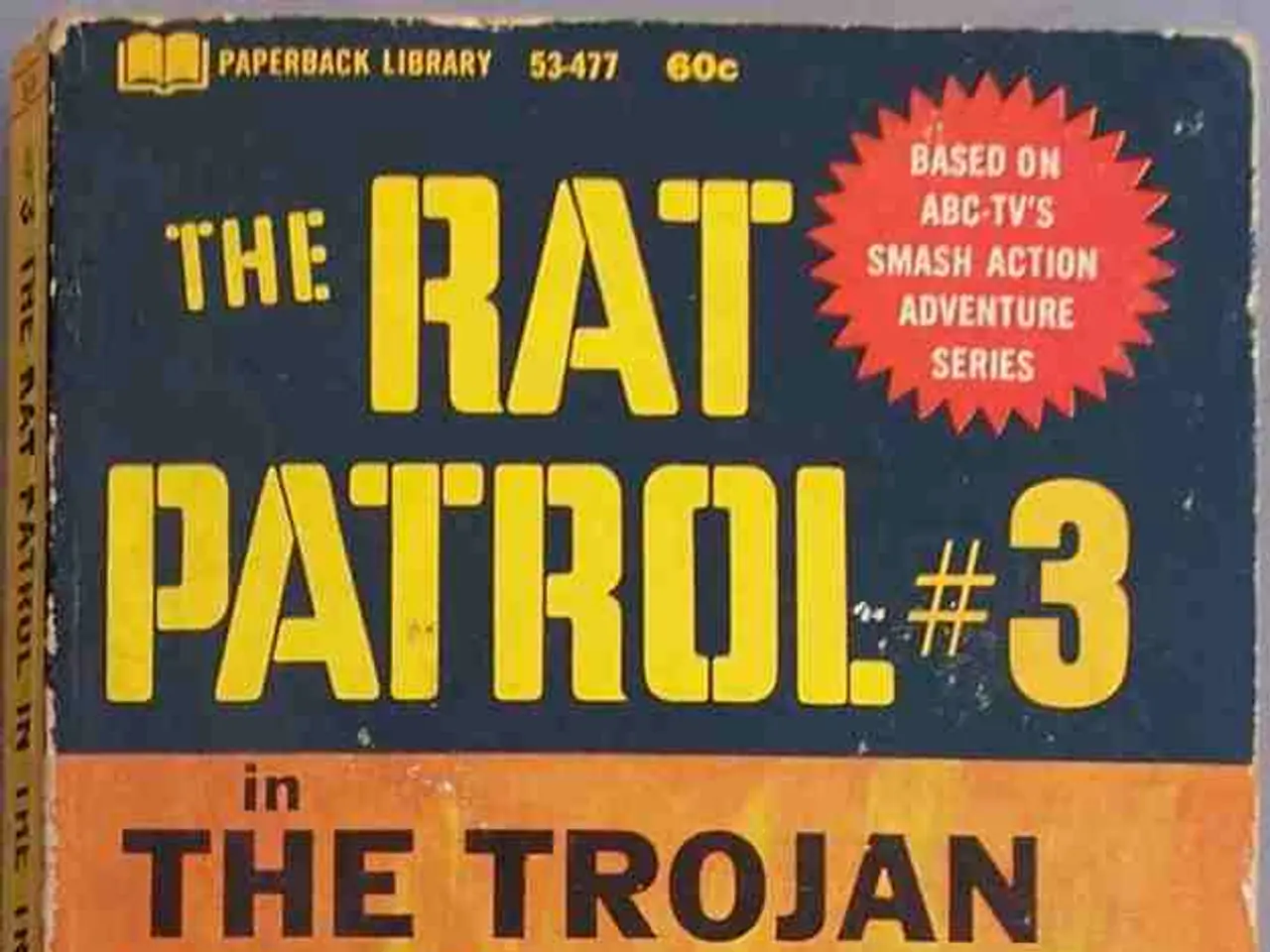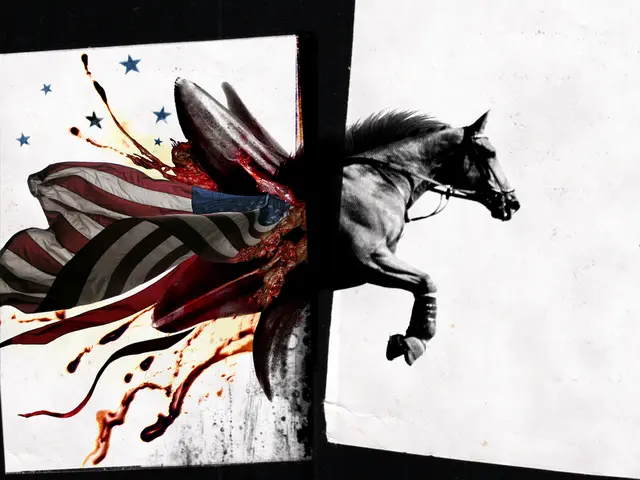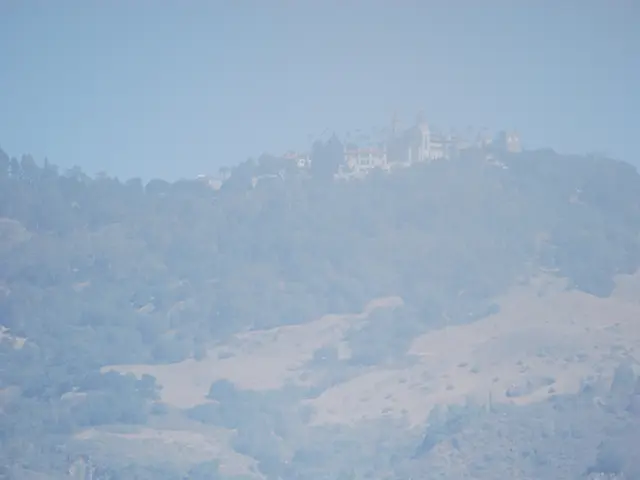Military justifies use of tear gas and rubber bullets during skirmish at Cambodian border
In the Sa Kaeo province of Thailand, a contentious area known as Ban Nong Ya Kaeo has been the focus of a territorial dispute between Thailand and Cambodia. On September 17, the latest incident unfolded as Thai security forces attempted to install additional barriers in the area, only to be met with resistance from Cambodian villagers.
The clash escalated when the Royal Thai Army resorted to using tear gas and rubber bullets to disperse the protesters. Maj Gen Winthai Suvaree, the army spokesman, confirmed these actions, stating that they were in accordance with international crowd-control standards to prevent unrest from escalating.
The United Nations and ASEAN have taken on the role of mediators in this ongoing conflict, working to find a resolution that satisfies both parties. This is not the first time such an incident has occurred, as a similar clash was reported on September 16, when Cambodian villagers dismantled Thai defensive barriers in the same area.
The confrontation resulted in Cambodian protesters forcing riot police to intervene, and some Thai officers were injured during the clash, after being hit with stones, sticks, and slingshot projectiles. It is worth noting that many of the Cambodian protesters were armed with wooden sticks and slingshots.
Thailand claims Ban Nong Ya Kaeo as part of its sovereign territory, a claim that remains unresolved in the ongoing dispute with Cambodia. The hope is that through the efforts of the United Nations and ASEAN, a peaceful resolution can be found to ensure the safety and security of all parties involved.
Read also:
- United States tariffs pose a threat to India, necessitating the recruitment of adept negotiators or strategists, similar to those who had influenced Trump's decisions.
- Weekly happenings in the German Federal Parliament (Bundestag)
- Southwest region's most popular posts, accompanied by an inquiry:
- Discussion between Putin and Trump in Alaska could potentially overshadow Ukraine's concerns








